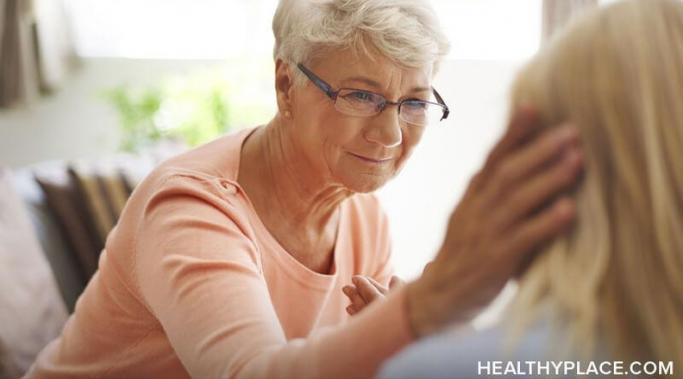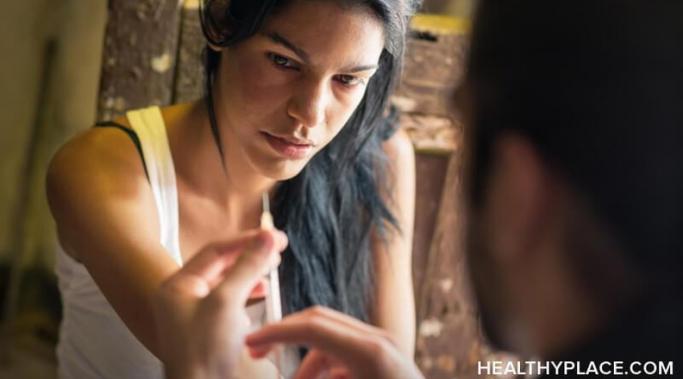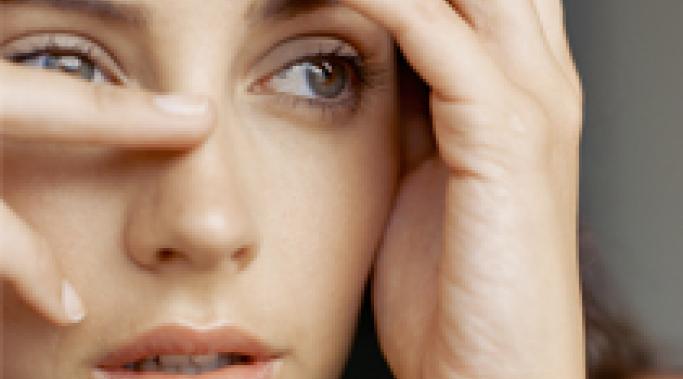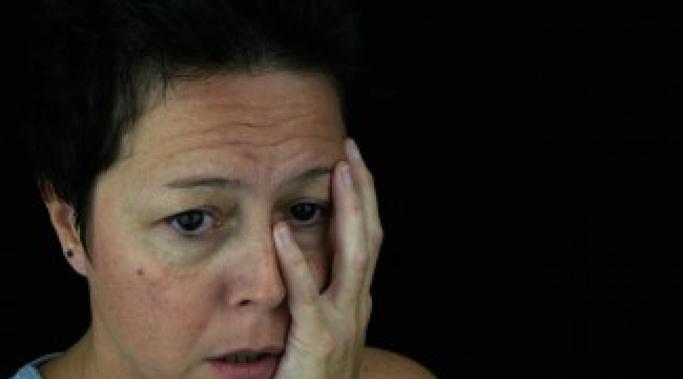Blogs
I have learned lessons from the deaths of recovering addicts. I have found grief around death to be especially difficult when the loss is of another recovering addict. I think this is because of the understanding, compassion, and support that is shared between recovering alcoholics and addicts. In my experience, these friendships seem to be the most profound and deeply rooted -- more so than any other relationships.
Long after the shock and hurt have subsided, I am left to sift through my memories of the recovering addict to try and find meaning in the trauma of their death. Here are three things I have learned from watching recovering addicts and alcoholics die.
Living with anxiety is frustrating, and it becomes even more so when we find ourselves experiencing heightened anxiety for no reason. We’re living along, using the anxiety management tips we've learned so we're not overwhelmed by stress and anxiety, and making joy in our days. Everything is coming up roses, and we’re enjoying the rose garden.
Then bam! Where there were roses, now there are thorns. Compounding this very unpleasant turn from low stress to heightened anxiety is the fact that it’s mysterious. We shouldn’t be experiencing anxiety, but we are. When you find yourself experiencing heightened anxiety for no reason, you might want to try these four ways to handle it.
Volunteer activities build self-esteem, so volunteering your time is well worth considering. Volunteer activities offer benefits for you and your community, plus there are many options to consider. You can find something that's suited to your needs and interests, and you can make it work for you. Read this to find out how volunteering builds your self-esteem.
As if dating isn't already tough enough, schizoaffective hypomania makes dating and love even harder. Those of us with schizophrenia and schizoaffective disorder have a lot to deal with when dating. For example, there’s the stress of being on a first date and wondering when would be a good time to tell your prospective partner you have one of the most stigmatized mental disorders. But perils extend beyond that point and include schizoaffective hypomania triggered by the excitement of a first date. Which begs the question, how, exactly, does someone with schizoaffective disorder differentiate between hypomania and the perfectly normal things one feels when falling in love?
Did you know that the heat can affect psychiatric patients? Recently I moved into an apartment with no air conditioning--and Indianapolis has been hotter than usual. I noticed that my mental illness symptoms are worse than usual as well, so I researched how heat can affect psychiatric patients, both physically and mentally. I found that heat can affect psychiatric patients by interfering with their ability to sweat, increasing depressive symptoms, and increasing suicidal ideation.
When I deal with posttraumatic stress disorder, I understand the importance of rest. When I was running long distance and training to run marathons, I never ran every day. My typical training week was four days of running, and three days of rest spaced through the week. I have discovered that the same logic serves me well when it comes to dealing with the symptoms of posttraumatic stress disorder (PTSD) and needing rest.
Over-prescription of opioid painkillers is contributing to America's increasing abuse of opiate prescription drugs and heroin. A 2013 report by the U.S. Center for Disease Control and Prevention (CDC) and U.S. Food and Drug Administration (FDA)1 found that people who abuse or are dependent on prescription opioid painkillers are 40 times more likely to abuse or be dependent on heroin. So what can we do about opioid painkiller over-prescription?
Trauma and eating disorders are related. After all, it's not unusual for a person who has experienced trauma to develop an eating disorder. Read on to discover how that works.
Self-care on a budget is possible. In fact, most acts of emotional self-care don't cost a thing. Self-care is simply the practice of treating yourself with enough respect that you honor and fulfill your own needs as they arise. Self-care on a budget is entirely possible.
After menopause, there are many emotional and physical conditions that a woman might face. The hormonal changes that occurred during menopause can trigger debilitating emotional and physical conditions after menopause begins. Making lifestyle changes, such as using relaxation techniques, can help to combat any uncomfortable symptoms that occur after menopause. But it is crucial to consult your doctor if postmenopausal symptoms start interfering with your daily tasks or relationships.
Read on for seven emotional and physical issues you may experience after menopause.









